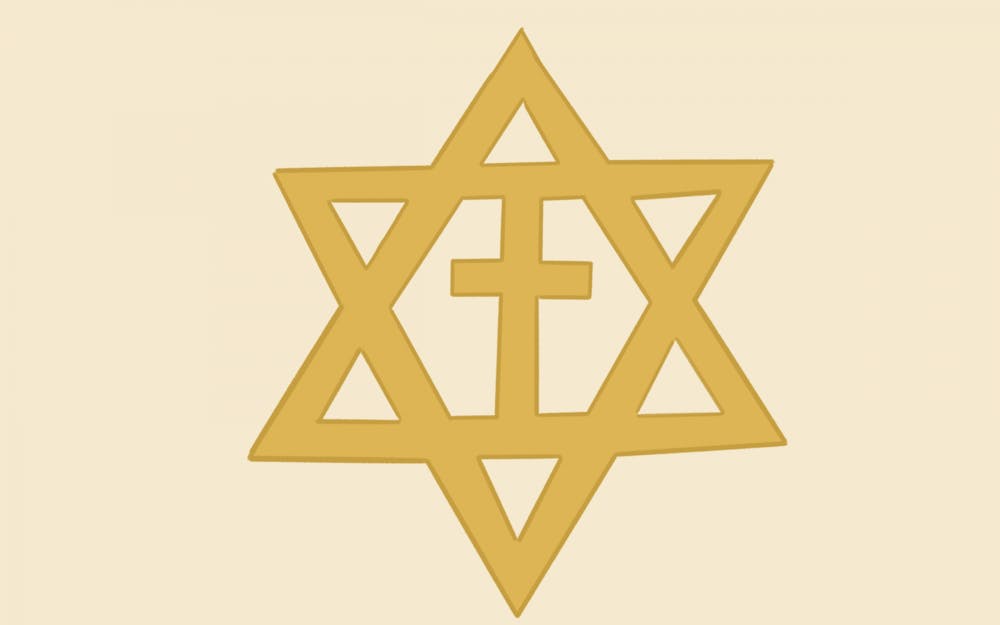If someone believes the earth is flat, most people think they’re delusional. Though scientifically, we know that theory is a result of grave disillusionment, we don’t often stop to think about how a person could have been led so astray.
Who or what conditioned them to have this belief? Because they believe this, does that mean the rest of their belief system is faulty? Though I don’t wish to imply in any capacity that fact is something that can be contested, the disagreement with flat-earthers highlights a bigger social phenomenon.
As humans, many of us are quick to be narrow-minded and see others for a singular belief. But we need to recognize our complex nature and start valuing the matter of perspective.
Admittedly, perspective is something I have often lacked. Until I came to Bloomington, I was convinced that people of a particular ideology had a very streamlined way of thinking. This applied to conservatives, Christians or any other group.
Obviously, my old way of thinking was flawed. But now in college, I’ve been exposed to a variety of seemingly similar people who have vastly different beliefs. Though this knowledge of their differences doesn’t change the disagreement I have with certain groups, it does help broaden my previously narrow perspective.
People are human beings before they are their beliefs. So before we condemn others for being different, we need to remember that they mean a lot to the people around them. Just like us, those on the opposite side of the religious or political spectrum have purpose too.
This doesn’t discount the fact that racism, homophobia and all of the other horrible ideologies that plague the world are wrong. But, it does allow us to see how people’s minds have been shaped, our similarities in that process of conditioning and how we can still come together to make decisions and inhabit shared spaces.
Human thought is complex, and an important part of recognizing the gray areas outside of black and white binaries is reckoning with this complexity. Someone can be part of the LGBTQ community and be Christian. Another person could identify as a man and be a feminist.
While this seems out of the ordinary — to me at least — that doesn’t mean it’s wrong. Stereotypes about these groups of people won’t help us make any social or political progression. Emphasizing our differences only pits us against one another, and we’re in a time of such harsh division that unity is extremely necessary.
But when it feels like common ground can’t be found, what should we do?
We can watch TED Talks about the art of finding commonality. Or, we can watch TikTok videos from Abbie Richards, a popular disinformation and extremism researcher who helps people understand extreme and uninformed ideologies.
To reiterate the age-old phrase, we need to treat others the way we want to be treated. If we want our beliefs to be respected, why don’t we do the same for others?
It’s OK to condemn hate. But it’s not OK to condemn simple differences. We need to have conversations with people of different races, political ideologies, religions, cultures and everything else in between.
At the end of the day, all of us would feel a lot less disconnected if we looked at our common denominator: being human.
Elizabeth Valadez (she/her) is a freshman studying English and political science. She is a member of Chi Alpha.




